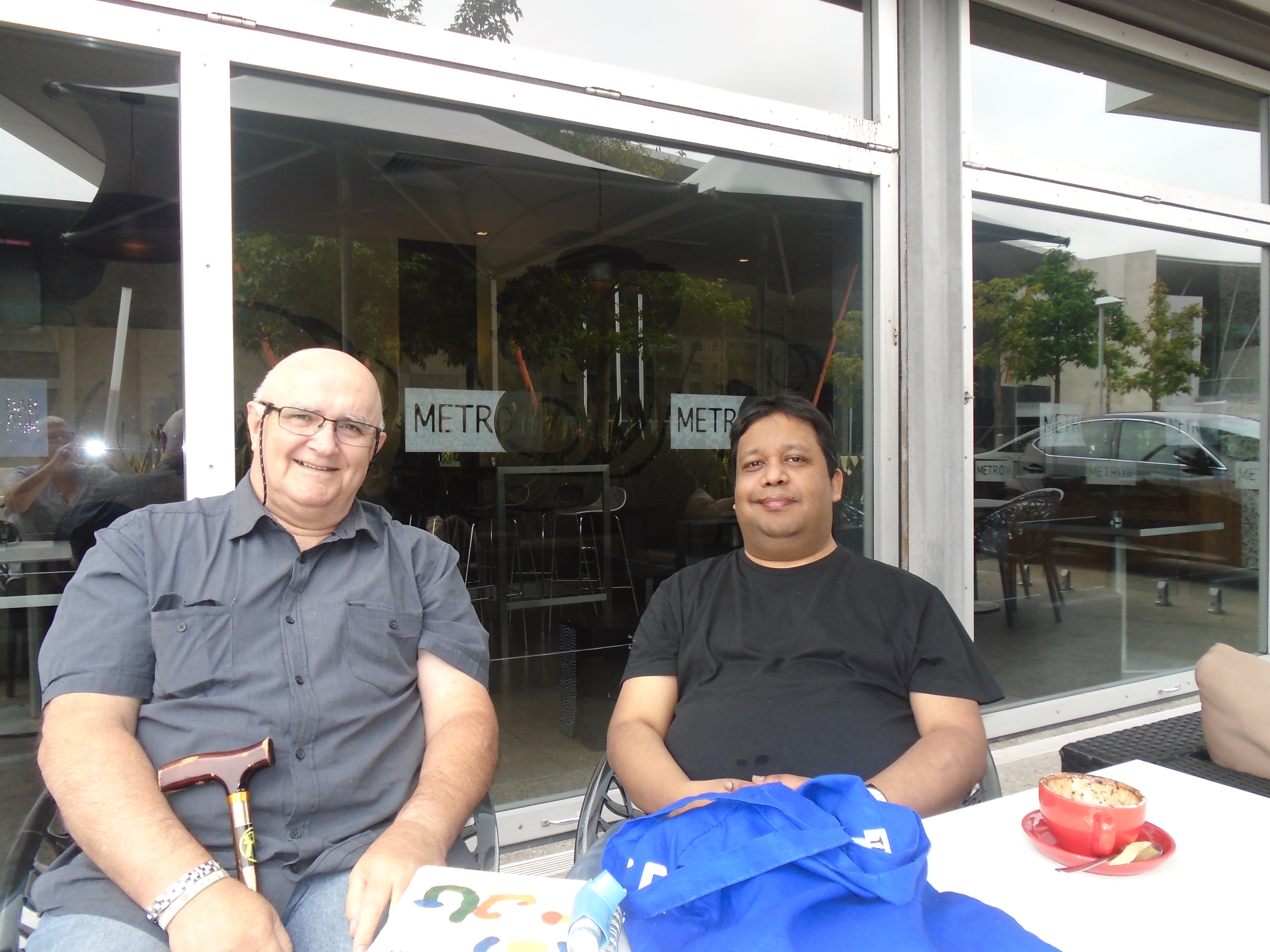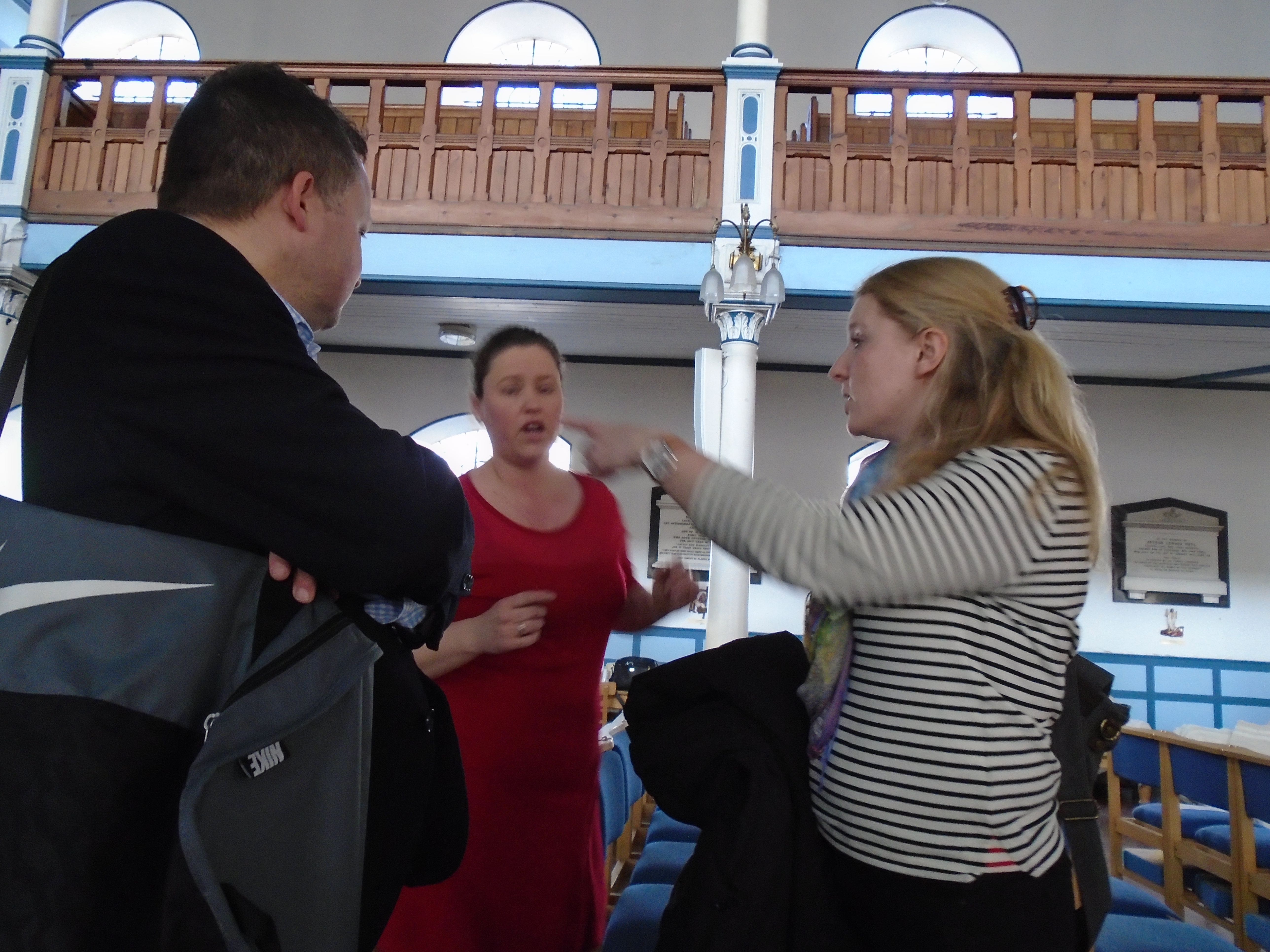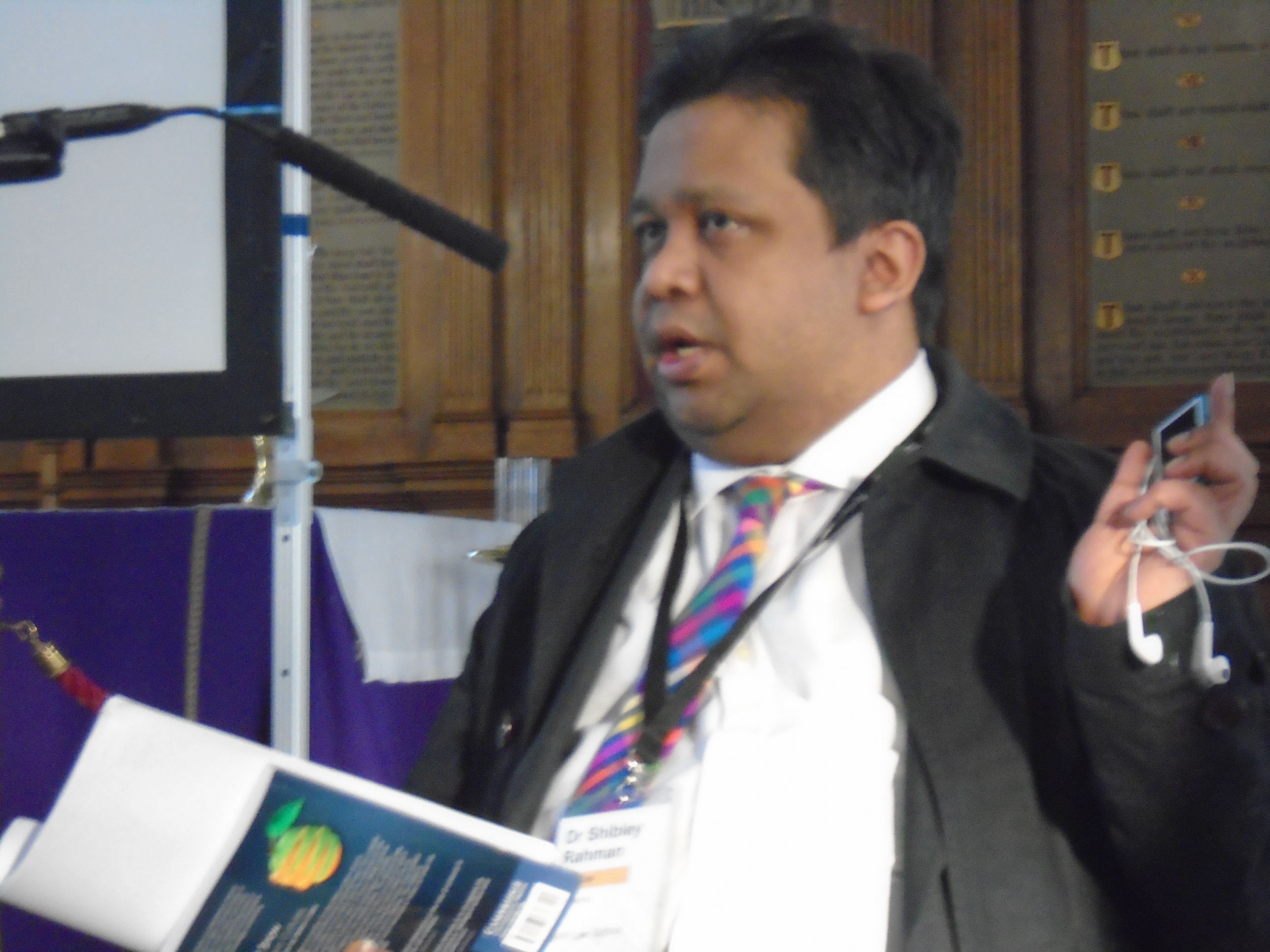There’s no way of avoiding the issue. The drive towards improving ‘the diagnosis gap’ for dementia has been dreadfully depressing given how incredibly poor the post-diagnostic systems can be.
NHS England, in collaboration with others, which has a formidable track record in getting things disastrously wrong in dementia policy, are said to be fine-tuning a possible NHS outcome measure for people living with dementia independently with a good quality of life. One can only imagine.
Doing things differently is not some cheap meme as a cover for huge cuts at local and national level here, however. The chance to improve lives after a diagnosis in recovery, enabling meaningful choices, giving the chance for people to take part in a mainstream services such as education, housing and transport, are all pivotal. And commissioning should reflect that. The legal framework now is considerable, but the final common pathway is arguably the NHS Standard Contract. Reflecting recent domestic legislative changes in recent governments, and of course the EU Procurement Directive, there is now express reference to innovative new contracting models, including lea provider, integrated provider hubs and alliance contracting.
At the one end, living better with dementia is a philosophy. At the other end, it involves a person with dementia and carer being ‘recipients’ of services. Alliance contracting is more suited for arranging the post-diagnostic care because of the less adversarial approach by multiple providers in arranging care, an ‘in it together’ modus operandi to meeting pre-determined outcomes, and sharing of risk and responsibility. Increasingly, there is recognition of outcomes and values, and standards, having to be met regardless of precise care setting. This might be, for example, in relation to functional outcomes, patient experience and view, or the external built environment.
I don’t think a medical model is the best way forward, but it’s utterly irrelevant what I feel. The starting point must be a reference group of people who’ve received a clinical diagnosis of dementia recently, whether that be in the younger or older age group, and finding out whether services following diagnosis met up to expectation. My gut instinct is that an annual check up in neurology or geriatric outpatients simply to report what cannot be done compared to the year before only serves as a demoralising experience, and fails to acknowledge what people can do (rather than what they cannot do). A clinic run only by clinical nursing specialists, social work practitioners and allied health practitioners is not some ‘money saving gimmick’. I feel it would be a far more effective way of organising post-diagnostic care in English dementia policy.
As in all other walks of life, the basics have to be done well, whoever does them. This means building up relationships from skilled practitioners and professionals, people who understand what happens in dementia, and what might be anticipated to happen. Of course, the wider environment is important, with people having inside knowledge of how the system works. Clinical nursing specialists understand the configuration of care pathways, and are in an ideal position to help with service reconfiguration, one feels.
Specialist nurses are very well versed in symptom control of long term conditions, and this has massive advantages, not only in leading a healthy active life (perhaps remaining in the workforce if desired), but also in avoiding places such as A&E. Knowing the best way to control symptoms is inevitably a specialist art, but one based on the up to date evidence base. They have a proven track record in coordination, communication and emotional support. They work extremely effectively with other practitioners and professionals, and take on a strong advocacy rôle on behalf of patients, acting as consultants to other members of the workforce too. They support carers in a number of ways, not least in emotional and psychological support. They furthermore have a pivotal rôle in education, training and practice development.
Large numbers of people with dementia, on the other hand, are admitted to hospital very year, and their experience can be poor both within the hospital and in trying to leave the hospital (delayed discharges). Their needs as individuals are often very complex, many unmet ultimately by the hospital admission. However, the input of Admiral nurses in Southampton with people with dementia and carers at Southampton, for Medicine for Older People, has been very beneficial clinically, and cost-beneficial too, but notably as well as supporting the development and confidence of staff nursing individuals with complex needs. And the economic benefits in Southampton are clearly not a ‘one off’. The current service provision of Age UK Admiral nurses in Norfolk is in its infancy and has already demonstrated that significant savings and benefits can be achieved by supporting families/carers of people with dementia.
But there needs to be a strong dialogue with the public. The public needs to be crystal clear about the advantages of such specialist nurses, say compared to a doctor. People need to have their information needs met about such a nursing service, and this needs to be ongoing. Information can be much hyped up in delivery of such a service, but it is very easy to understate its importance. This might include information in relation to budgetary considerations, setting up goals and action plans, information about peer and support groups, or information about self care and management.
Given the considerable co-morbidity of dementia, there is a rationale for tackling physical illness for people living with dementia. Arguably also tackling physical factors might prevent the rate of progression to disability in dementia too. Self care and management not only improves physical health outcomes, but inevitably helps with mental wellbeing, greater confidence and reducing ill being such as anxiety. None of this is of course to undermine a fully funded health service.
However, amongst this mass, the system needs to be flexible, and deliverable. There is no need which is ‘basic’, but people should be able to call on help with shopping, housework, dressing, companionship, and so on, as hoped in the full ethos of re-ablement. Clinical nursing specialists are already able to work successfully with certain agencies locally, for example Age UK. The NHS tries to inform about key national information choices with platforms such as NHS Choices. Increasingly they need to responsive to the exact ‘state’ of statutory services, and navigation through welfare instruments such as the personal independence payment.
It is impossible to escape the need for care coordination and overseeing progress in acute medical services. The Admiral DIRECT service was launched in 2007, as a national helpline and e-mail service, and has given comfort to thousands in offering specialist advice to people with dementia and carers. And care coordination is not fluffy stuff either. Advice might include medication reviews, referral to liaison services, or speedy discharge planning. There is a huge amount of care coordination and social care, too. The rôle of social care practitioners in enabling and protecting in dementia policy is by no means to be underestimated in national dementia policy in England, having a pivotal function in the implementation of mental capacity and liberty safeguards.
Integration of health and care makes care coordination infinitely easier improving outcomes. The St John Care Admiral experience in Oxfordshire with 71 care homes has seen Admiral nursing knowledge and expertise valued. And attention has to be given to end of life, in coordinating care between earlier faces of dementia to later faces. Evidence currently suggets during their last 90 days of life, people are twice as likely to die at home and are much less likely to need emergency hospital care. End of life is of course part of the continuum of care, and in the philosophy of person-centred care should not be seen as an unexpected event. There has been much emphasis therefore on a ‘good way to die’, and integrated care for dementia must take account of this best practice.
Programmes such as the ‘year of care’ with proper NHS support are significant to explore what is required to effectively deliver personalised care and support planning. Typical benefits to people with long term conditions include involvement patients in decisions about their care, and giving patients better understanding of their condition. The benefits for the wellbeing of people with dementia would be enormous, if the NHS invested here, to drive quality in improved quality of life, and observable by fewer complaints and less inappropriate use of medication. Even with conditions with a strong wellbeing component, such as diabetes and frailty, such approaches can be validly criticised for being overly medical. This I feel would be a wrong lever to pull, an overly medical ‘year of care’ – but one which emphasised reablement and rehabilitation in a social model of disability, advancing rights based approaches, would be very welcome here. Such an approach should be naturally attractive to commissioners, particularly if people living with dementia are actively involved in co-producing the roll-out of this programme. This would, arguably, provide a stimulus to the whole healthcare community to redesign services for long term conditions, ensuring the right care is provided, in the right place, at the right time, by people with the right skills, with the right funding tools; and fit in with QIPP.
Many helpful care services can be arranged through the local authority social services department. How services are organised, and the kinds of services offered, differs from one local authority to the next. Social workers have specific training and qualifications, and it is crucial that national policy no longer wilfully neglects social care in delivery of dementia policy (which might be ‘attractive’ given the recent catastrophic cuts to social care budgets). Social care practitioners may be involved in assessing a person’s needs for services, and in planning, co-ordinating and advising on services. They work in a wide variety of settings, and are known by a variety of names. For example, some work as ‘personal assistants’ in the person’s home, or in care homes as ‘care workers’.
Of course, the financial considerations are overwhelming, and services need to be a strong financial footing to be delivered effectively. But for too long innovation has been used as a lazy meme by people who don’t really understand it, used simply as form of marketing, and do not understand the critical nature of the diffusion of innovations in making them work. The change required for post-diagnostic care and support and dementia is a root and branch one. But the fact that people are crying out for it, and actually know they will have to be willing to pay for it, needs to be factored in.


















